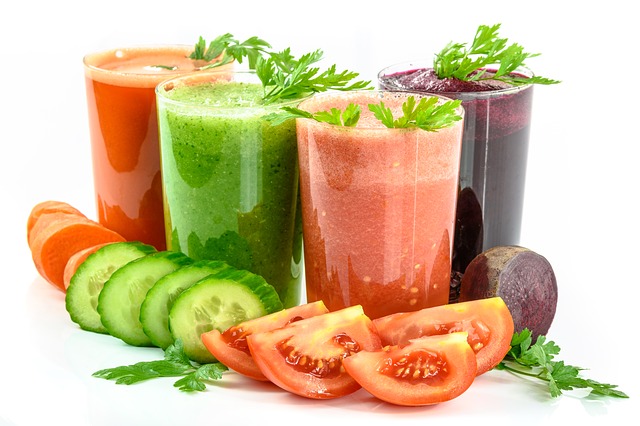What Does Vegan Mean? Cooking and Eating Vegan
What does “vegan” mean?
In short: Vegan means free from animal ingredients. Vegan people do not eat foods that contain animal products (meat, milk, etc.) or are produced by animals (honey). Many vegans also transfer this to their clothing and do without leather, wool, and silk, for example.
The vegan way of life developed out of the vegetarian diet. The word “vegan” was coined by Donald Watson, the founder of the English Vegan Society: He took the word “vegetarian” (from the English “vegetable” for vegetables; German: vegetarian/vegetarian) and shortened it to “vegan” “.
“Vegan” describes a form of nutrition or lifestyle without any animal products. This includes meat, dairy products such as eggs, milk, butter, honey, and the like. For many vegans, their way of thinking may not be normal as we all do but their motivation can be ethical, healthy, or ecological.
Vegans especially reject modern factory farming. You want to encourage people to think sustainably with their actions and consumer behavior.
In the supermarket, vegan products are not always recognizable as such at first glance. The vegan seals will support you in your search for plant-based foods.
The desire to be 100% vegan is difficult to implement with today’s labeling requirements. If you are interested in the vegan lifestyle, go as far as you enjoy it. Take your time and try out new recipes little by little. Start your journey of discovery, hunger comes by itself!
To be a Vegan is a challenge. You will have to avoid food products that are animal-based. And while it is a challenge, it can be satisfying health-wise and environment-wise.
Cooking vegan: innovative and different
Those who live vegan – or at least want to live a bit vegan – often expand their menu in a variety of ways. For many (new) vegans, cooking and experimenting are part of it. For example, you can conjure up delicious dishes with the versatile seitan meat substitute (and even make seitan yourself ), make vegan brownies from kidney beans or vegan chocolate spread as a Nutella alternative yourself.
“Necessity makes you inventive” is the motto and this is also the case with vegan baking and cooking: The vegan egg substitute can consist of fruit puree, special egg substitute powder, flaxseed, or silken tofu – or you can simply leave out eggs altogether. Honey is replaced by sugar beet and maple syrup or agave syrup: We present the best vegan honey alternatives.
Tip: To ensure that you continue to eat a balanced diet, you can use the vegan food pyramid as a guide.
Eating vegan: There are many alternatives
Traditional dishes can be reinterpreted as “vegan”: there are many delicious, plant-based recipe ideas. In summer, being vegan does not mean doing without, but rather using vegan ice cream, which is now available in supermarkets and ice cream parlors. You can also grill without steak or wiener sausages: We provide delicious recipe ideas for vegan grilling.
And what about the typical German breakfast? Don’t worry, it looks good on bread without salami and cheese: you can make vegan spreads yourself with just two ingredients. Because: Purchased vegetarian and vegan spreads contain a lot of fat and additives.
There is now a large selection of plant-based substitutes for milk for coffee. We looked at different types of plant milk: soy milk, almond milk, pea milk, lupine milk, hemp milk, oat milk (which you can make yourself with our oat milk recipe ), and rice milk – find out more and try for yourself which plant-based milk tastes best for you. Living vegan (and above all eating) means trying out lots of things and being curious.

